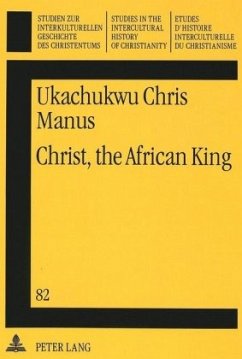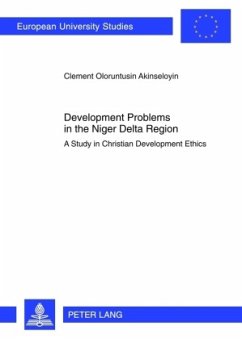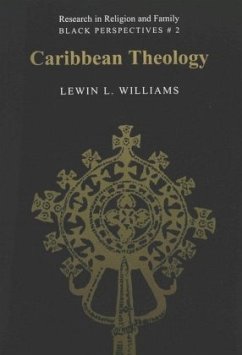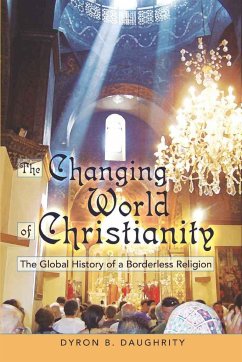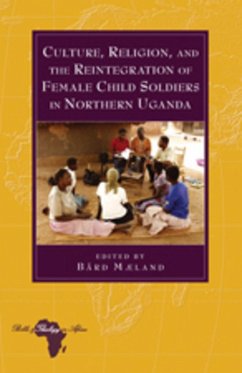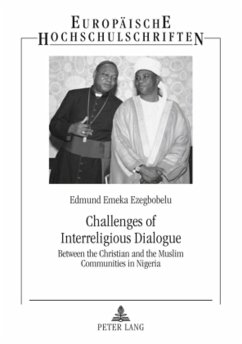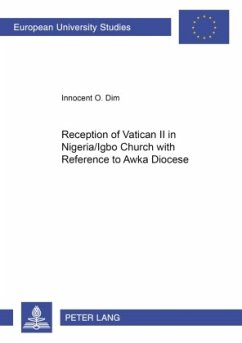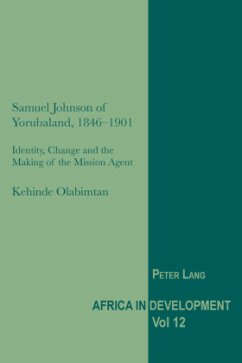
Indigenous Christianity in Madagascar
The Power to Heal in Community

PAYBACK Punkte
0 °P sammeln!
Madagascar is a poor country with very little power on the world stage. As a former French colony, Madagascar's wealth has often been viewed as available to others with more power to take and use as they please. This trend continues today; while its unique flora and fauna and potential mineral resources excite international business, government, and conservation interests, for the most part, the lives of Malagasy people receive little attention. In this context of powerlessness, an indigenous Christian movement offers empowerment and healing to people with mental illness. The movement, little-...
Madagascar is a poor country with very little power on the world stage. As a former French colony, Madagascar's wealth has often been viewed as available to others with more power to take and use as they please. This trend continues today; while its unique flora and fauna and potential mineral resources excite international business, government, and conservation interests, for the most part, the lives of Malagasy people receive little attention.
In this context of powerlessness, an indigenous Christian movement offers empowerment and healing to people with mental illness. The movement, little-known outside the country, has offered care and community to many of society's outcasts for over a century. The impact of the movement's work is so great that national health officials depend on the movement for mental health services, which are woefully lacking outside the movement's camps.
In this volume, the movement's strategies for caring in community are explored, particularly focusing on understandings and uses of power among the powerless. The book includes discussion of power use and abuse by colonial, missionary, ecclesial, national, and international forces, analyzes relationships between the powerful and powerless, asks theological questions about power and the Jesus movement worldwide, and invites conversation on the potential power of the building of communities of care for people with mental illness in other contexts globally, to work toward healing, justice, and health.
In this context of powerlessness, an indigenous Christian movement offers empowerment and healing to people with mental illness. The movement, little-known outside the country, has offered care and community to many of society's outcasts for over a century. The impact of the movement's work is so great that national health officials depend on the movement for mental health services, which are woefully lacking outside the movement's camps.
In this volume, the movement's strategies for caring in community are explored, particularly focusing on understandings and uses of power among the powerless. The book includes discussion of power use and abuse by colonial, missionary, ecclesial, national, and international forces, analyzes relationships between the powerful and powerless, asks theological questions about power and the Jesus movement worldwide, and invites conversation on the potential power of the building of communities of care for people with mental illness in other contexts globally, to work toward healing, justice, and health.





